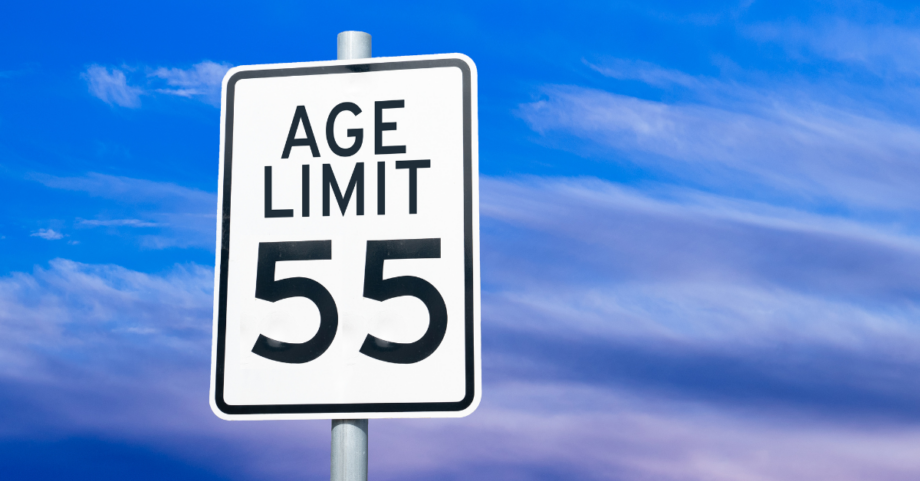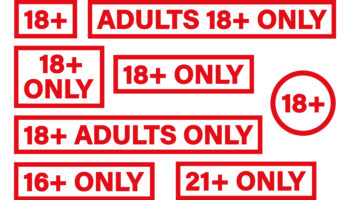In her new movie, the ‘body-horror thriller,’ “The Substance,” actress Demi Moore shows more of herself than she has on film for a very long time. And more than most actresses her age would dare. In the face of the blatant ageism in Hollywood female nude scenes (and ageism in general), Moore manages a pivotal moment in the movie, which premiers September 20th, pitted against/with actress Margaret Qualley, nearly forty years her junior.
Female ageism in Hollywood
Sitting for an with Interview magazine recently while promoting her new movie, Moore revealed, "I had done Charlie's Angels, and there was a lot of conversation around this scene in a bikini, and it was all very heightened, a lot of talk about how I looked. And then I found that there didn't seem to be a place for me. I didn't feel like I didn't belong. It's more like I felt that feeling of, I'm not 20, I'm not 30, but I wasn't yet what they perceived as a mother."
Moore is not the first to speak out about this ageism. As explored here, unless one happens to be a well-lauded, award-winning, actress (or one producing her projects) it’s not easy for women of a specific age (40-60) to find substantive roles still in Hollywood. And certainly, less chance for a lady that age to show herself nude on film when she wants to or feels the role requires it.
Two years ago, British icon actress Emma Thompson revealed herself in a full-frontal ending shot in the movie “Good Luck to You, Leo Grande” (although her emotions were laid every bit as bare, or even more so than her body), as Patricia Clarkson, Helen Mirren, and Jane Alexander have all shown themselves in various stages of undress well past their 20’s. But these instances are the exception more than the rule.
As fellow actor and interviewer for the above Interview piece, Michelle Yeoh said to Moore, “It’s like, why can’t a 45-year-old, a 50-year-old, or 60-year-old, be sexy? But that whole perception is undergoing a lot of change because people like you and me won’t sit back and just take it.”
And adding “…you’re not just dealing with the #MeToo movement or objectification, you’re dealing with self-love or self-loathing and the inability to accept who you are.”
And it maybe this sense of identity, no matter one’s age or gender, is really what’s most important in the end, and what all actors want most to explore. As do, most people in general.
Moore coddles the power
As Moore offers in the interview, the choice of all this is ours.
“There's great power in knowing that what we do to ourselves is a choice, and we can make a different choice,” she says. “We can define where we want it to go and who we are.”
And then she adds about "The Substance," with her usual aplomb, “And for those who aren’t looking for such a deep message, it’s just entertaining.




